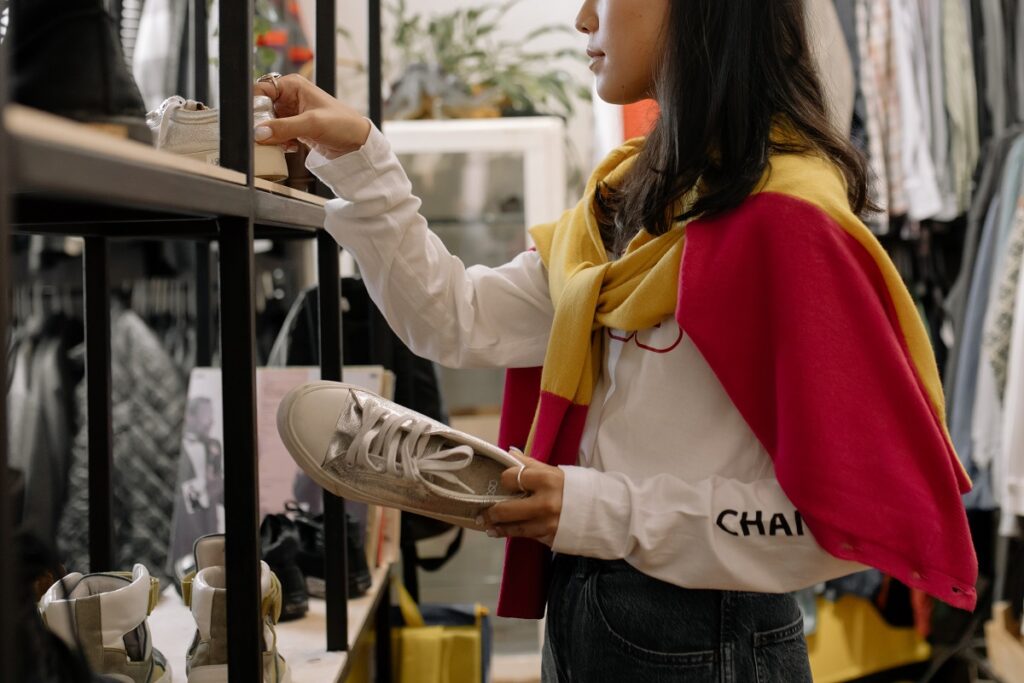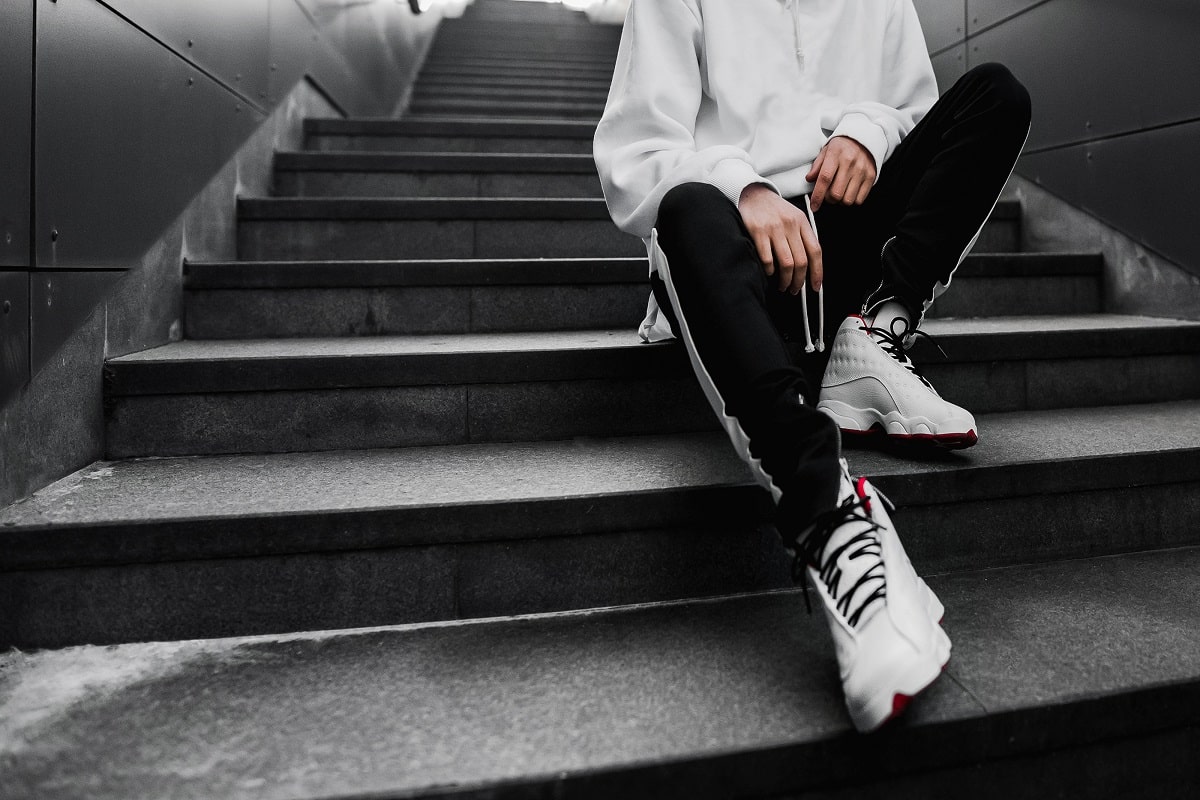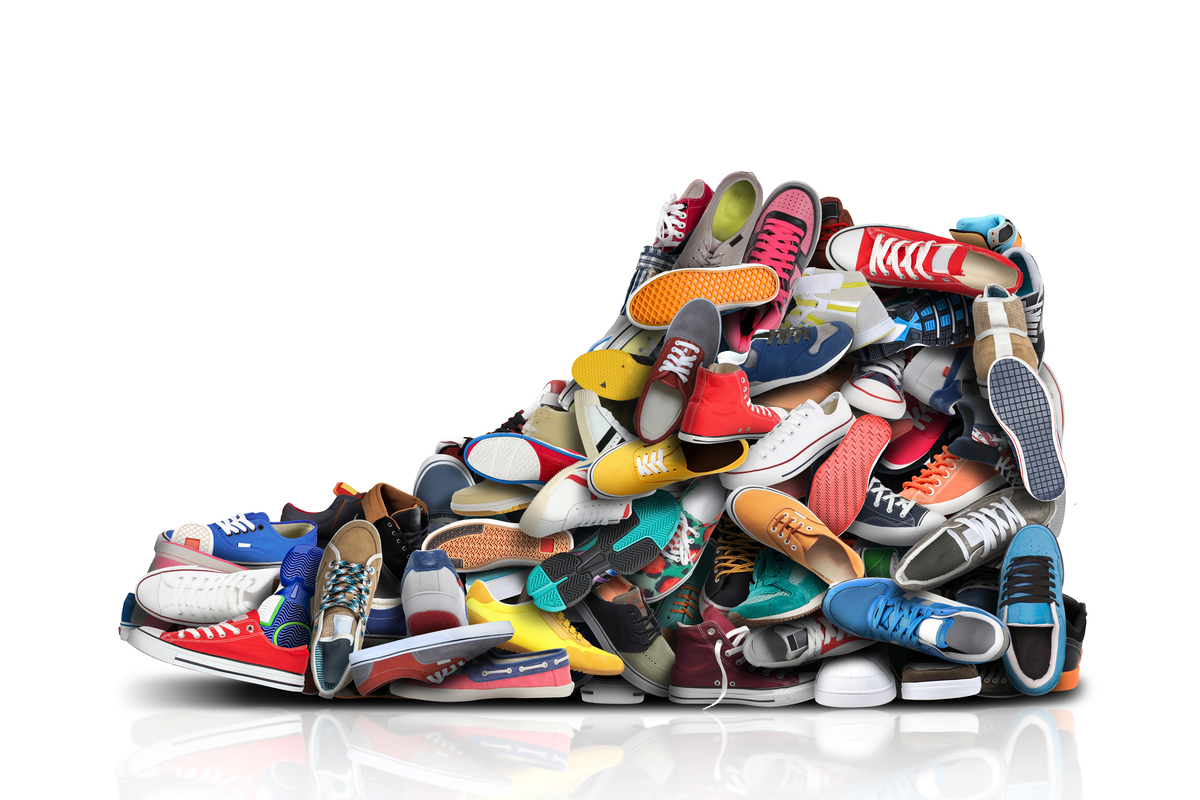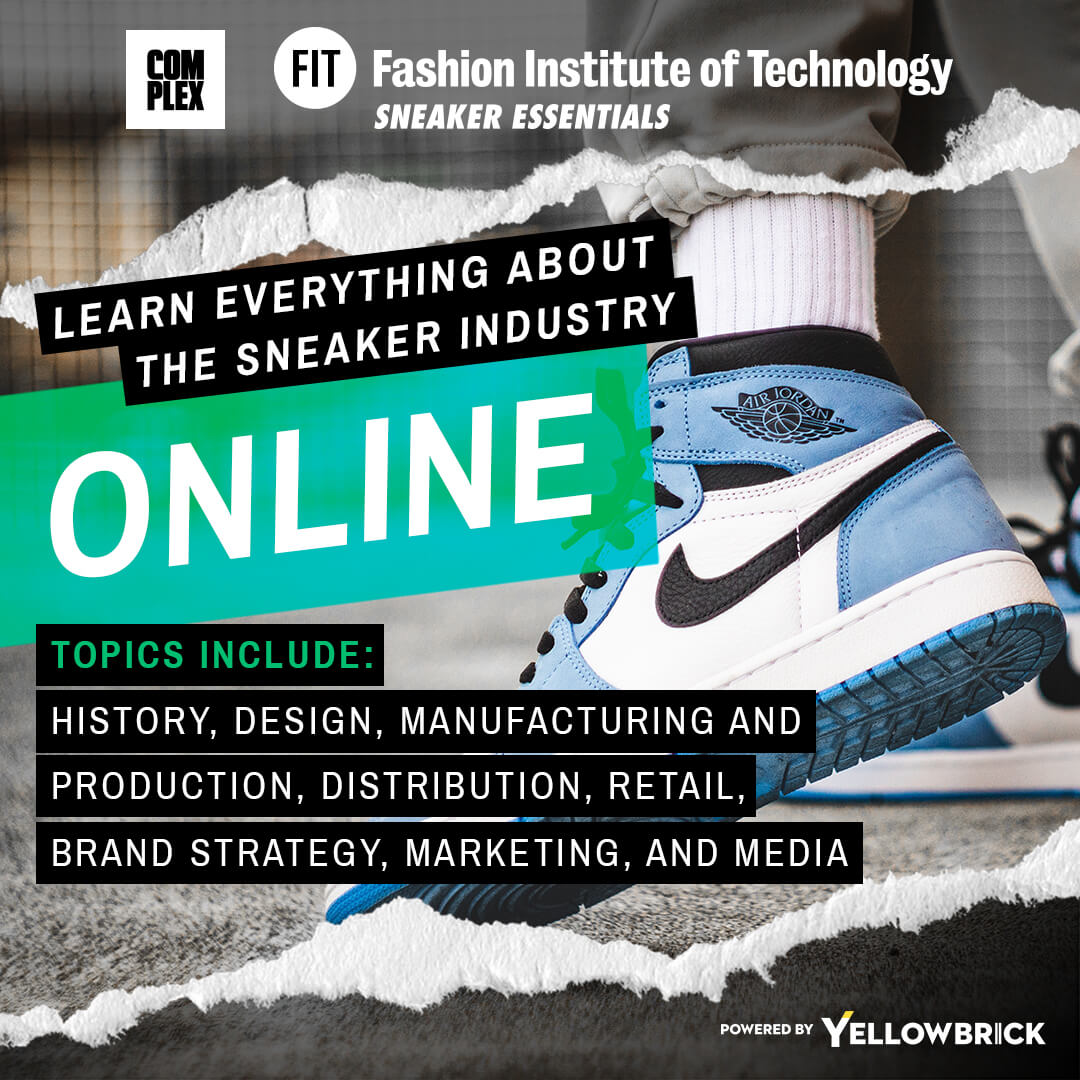The sneaker business is a dynamic and lucrative industry that continues to thrive year after year. With the rise of sneaker culture and the growing demand for exclusive releases, it’s no surprise that many individuals are drawn to pursuing a career in this field. However, like any industry, the sneaker business is not without its challenges. In this article, we will explore some of the biggest challenges that professionals face in the sneaker industry and how they can navigate these obstacles to succeed.
Competition
One of the biggest challenges in the sneaker business is the fierce competition among brands and retailers. With so many players in the market vying for consumers’ attention, standing out can be difficult. Brands must constantly innovate and differentiate themselves to stay relevant and attract customers. This means investing in marketing, collaborations, and unique designs to set themselves apart from the competition.
Supply Chain Issues
Another significant challenge in the sneaker industry is managing the complex supply chain. From sourcing materials to manufacturing and distribution, there are many moving parts involved in bringing a sneaker to market. Any disruptions in the supply chain, such as delays in production or shipping, can have a ripple effect on the entire business. Companies must work closely with suppliers and logistics partners to ensure a smooth and efficient supply chain.
Counterfeiting
Counterfeiting is a major issue in the sneaker industry, with fake replicas flooding the market and deceiving consumers. Not only does counterfeiting hurt legitimate brands by eroding sales and damaging their reputation, but it also poses a risk to consumers who may unknowingly purchase counterfeit products. Brands must invest in anti-counterfeiting measures and work with authorities to crack down on counterfeiters to protect their brand integrity and consumer trust.
Fast-paced Trends
The sneaker industry moves at a rapid pace, with trends constantly evolving and changing. Keeping up with the latest styles and consumer preferences can be challenging for brands and retailers. Companies must stay ahead of the curve by monitoring trends, conducting market research, and collaborating with designers and influencers to anticipate the next big thing in sneakers.
Sustainability
As consumers become more environmentally conscious, sustainability has become a top priority for many businesses in the sneaker industry. From sourcing eco-friendly materials to reducing waste and carbon emissions, brands are under pressure to adopt sustainable practices throughout their supply chain. Implementing sustainable initiatives not only benefits the environment but also appeals to eco-conscious consumers who are increasingly making purchasing decisions based on a company’s environmental impact.
Retail Disruption
The rise of e-commerce and direct-to-consumer brands has disrupted the traditional retail model in the sneaker industry. Brick-and-mortar stores are facing stiff competition from online retailers, forcing them to adapt and innovate to stay relevant. Brands must find ways to create unique and engaging retail experiences that draw customers into physical stores while also maintaining a strong online presence to capture the growing e-commerce market.
Brand Authenticity
In an era of social media influencers and brand collaborations, maintaining authenticity can be a challenge for sneaker brands. Consumers are savvy and can quickly spot inauthentic marketing tactics or partnerships that don’t align with a brand’s values. Brands must be transparent and genuine in their communications, building trust with consumers and cultivating a loyal fan base that believes in their brand story and mission.
Regulatory Compliance
The sneaker industry is subject to various regulations and standards, from product safety and labeling requirements to labor practices and trade agreements. Ensuring compliance with these regulations can be a complex and time-consuming process for brands, especially those operating on a global scale. Companies must stay informed about the latest regulations and work with legal experts to navigate the regulatory landscape and avoid potential pitfalls that could harm their reputation and bottom line.
Limited Edition Releases
Limited edition sneaker releases have become a major trend in the industry, driving hype and demand for exclusive styles. However, managing these releases can be a double-edged sword for brands, as they must balance creating scarcity and excitement with meeting consumer demand and avoiding supply shortages. Brands must carefully plan and execute limited edition drops to create buzz and drive sales without alienating customers or falling victim to resellers who exploit the scarcity for profit.
Cultural Sensitivity
Sneakers are more than just footwear; they are cultural symbols that hold meaning and significance for many communities around the world. Brands must be mindful of cultural sensitivities and avoid appropriating or misrepresenting cultural symbols in their designs and marketing. By embracing diversity and inclusivity, brands can connect with a wider audience and foster a sense of belonging and respect among consumers.
Conclusion
Navigating the challenges in the sneaker business requires creativity, resilience, and a deep understanding of the industry landscape. By staying informed, adapting to change, and prioritizing authenticity and sustainability, professionals in the sneaker industry can overcome these obstacles and thrive in this exciting and competitive field.
Key Takeaways:
- High levels of competition mean companies need constant innovation and distinctive marketing to stay visible.
- Managing the process from materials to finished products is complex, and any delays can impact the entire operation.
- Counterfeit products harm brand image and sales; efforts to combat fakes are essential for maintaining trust.
- Trends shift rapidly, so staying current and anticipating market changes is vital.
- There’s a growing demand for eco-friendly practices, as consumers increasingly prioritize sustainability.
- Online shopping is reshaping the market, and physical stores need to create unique experiences to attract visitors.
- Genuine brand connections are essential as customers value authenticity and trust.
- Adapting to various product and labor standards is crucial, especially for global operations.
- Limited releases can drive interest, but they require careful planning to balance exclusivity with demand.
- Sneakers hold cultural significance, and brands should be sensitive to diversity and inclusion in designs.
- Creativity, adaptability, and a focus on genuine connections and sustainability are key to thriving in this competitive space.
For those looking to deepen their knowledge and skills in the sneaker business, considering the FIT x Complex Sneaker Essentials online course and certificate program offered by Yellowbrick could be a valuable step towards enhancing expertise and advancing a career in this exciting industry.
With the right tools and insights, professionals can overcome challenges and seize opportunities for growth and innovation in the vibrant world of sneakers.




